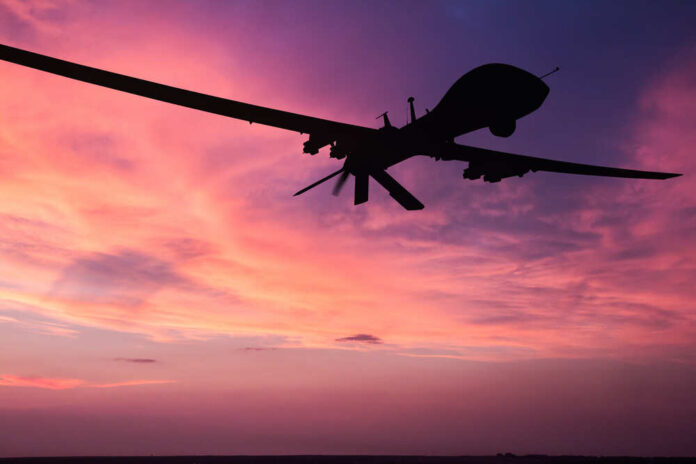
Russian students are now undergoing training in combat preparedness, as reported by a senior official, with a focus on drone technology for both civilian and military use.
Russian Senator Artem Sheikin outlined some of the subjects to be covered in schools, including tactics to counter enemy drones and conduct terrain reconnaissance. These lessons will be integrated into the “Basics of Life Safety” curriculum. Additionally, students in higher grades will receive instruction in handling hand grenades and rifles.
Deputy Education Minister Tatyana Vasilyeva also announced an emphasis on technical drawing to improve proficiency in interpreting blueprints.
This development coincides with Russia’s ongoing conflict with Ukraine, where drones have emerged as significant assets. Recent incidents have highlighted the vulnerability of Russian armored vehicles and tanks to kamikaze drones.
In some regions, Russian schoolchildren have been mobilized to manufacture supplies for the war effort, such as components for grenade tails used in drone operations. This includes tasks like refining 3D-printed tails to enhance grenade accuracy.
Other initiatives include producing assistive devices like canes and crutches for injured soldiers, reflecting a broader trend toward militarization within Russia’s educational system.
President Vladimir Putin signed legislation mandating woodworking, sawing, and repair classes for elementary and middle school students, aiming to foster practical skills and national pride.
While Russia emphasizes combat readiness and national defense in its educational curriculum, American schools prioritize topics like gender ideology over practical skills. Many institutions focus on accommodating students’ gender preferences and promoting critical race theory, fostering division rather than unity.
In contrast to Russian efforts to instill patriotism, American students are taught to question their nation’s values and heritage, undermining their sense of identity and unity. This divergence in educational priorities may impact America’s future global influence negatively.














